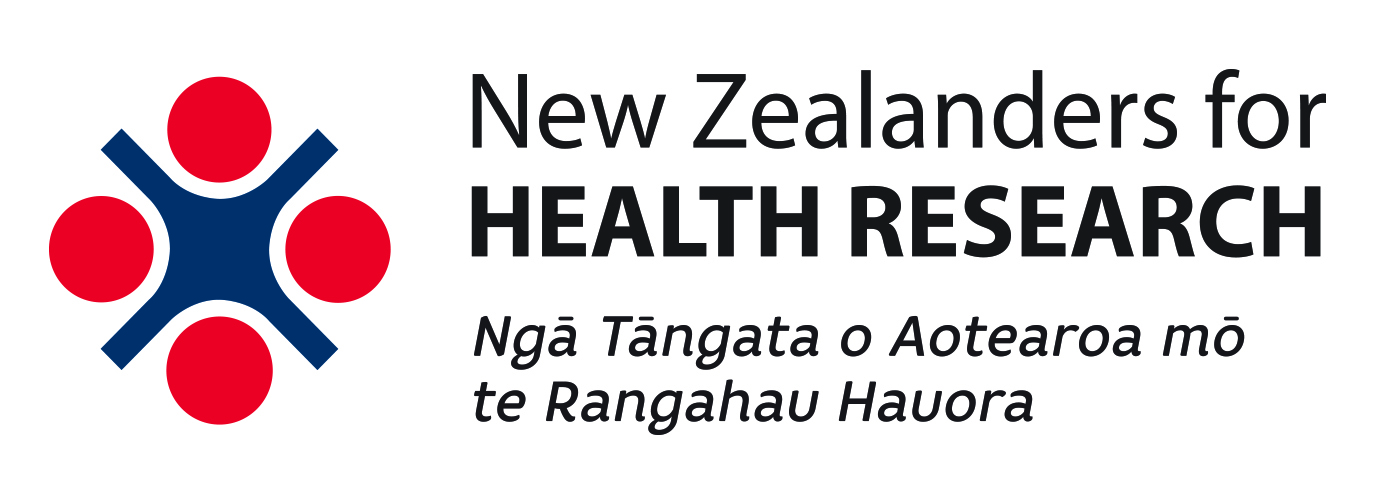News
Researchers granted $5 million to study link between paracetamol and childhood asthma
A new decade-long, multimillion dollar trial aims to find out if paracetamol use in babies causes childhood asthma. Auckland paediatric emergency medicine specialist Dr Stuart Dalziel has received a $4.99 million grant from the Health Research Council of New Zealand (HRC) to carry out the first trial of its kind in the world. Read more
Read MoreProfessor tackles superbug
A University of Otago researcher is set to work with scientists from around the world to combat a deadly superbug. Biochemist Prof Iain Lamont has received a $1.15million Health Research Council of New Zealand (HRC) grant to uncover genetic mutations leading to antibiotic resistance in one of the world’s most problematic superbugs. Read more
Read More$24m boost for health research
A $24million cash injection will allow University of Otago researchers to search for solutions to some of the big health challenges facing New Zealand. The money from the Government’s Health Research Council of New Zealand (HRC) will allow researchers to look at issues ranging from the rise of superbugs to whether certain types of inhalers…
Read MoreBabies in paracetamol, asthma probe
New Zealand researchers will carry out a multi-million dollar, world-first study to prove whether there is a link between babies being given paracetamol and the development of asthma. Auckland paediatric emergency medicine specialist at Starship Children’s Hospital Dr Stuart Dalziel has received $4.99 million from the Health Research Council of New Zealand to carry out…
Read MoreHealth researchers secure more than $6m in HRC funding
Two health researchers from Massey University’s College of Health have been awarded more than $6 million in the latest round of funding from the Health Research Council of New Zealand (HRC), targeting occupational disease in New Zealand as well as international alcohol policy and its impact. Five research programmes have been awarded a total of…
Read MoreAs scientists train the immune system to fight cancer, others look to combat costs
Poison, radiation or surgery. For decades now, these have been the only weapons available in the war against cancer. But everyone who has known cancer up close – patients, their loved ones and physicians – has longed for a better way. Immunotherapy is emerging as the so-called fourth pillar of cancer therapy, alongside chemotherapy, radiation…
Read MoreUnexpected presence of glucose receptor in ovarian cancer links metabolism to most aggressive cases
A new study of non-diabetic women with ovarian cancer reveals a potential correlation and area for further study regarding the expression of the GLUT1 glucose transporter receptor at the cancer tissue level. GLUT1 is a receptor protein involved in the absorption of glucose, or sugar, in the bloodstream and across membranes in the body. Physiologically,…
Read MoreMajor advances in macular degeneration research
Some of Australia’s foremost ophthalmic experts gathered for the annual Macular Degeneration Awareness Week Research Symposium in Sydney last week. More than 100 people attended the symposium, which focused on macular degeneration research, specifically recent breakthroughs and potential future discoveries. Macular Disease Foundation Australia (MDFA) patron Ms Ita Buttrose discussed her experiences with the condition,…
Read MoreMillions to tackle antimicrobial resistance “very welcome”
NPS MedicineWise says the announcement of additional funding is much needed considering antibiotic prescribing rates in some areas of practice remain particularly high. Health Minister Greg Hunt has announced the Federal government will invest $5.9 million from the Medical Research Future Fund (MRFF) into tackling the threat of microorganisms such as bacteria, viruses or parasites…
Read MoreDiabetes Mellitus: Epidemiology and Ocular Manifestations
Diabetes Mellitus (DM) is a chronic disease associated with abnormally high levels of glucose in the blood. Besides being a significant cause of morbidity and mortality worldwide, diabetes is one of the leading causes of blindness and visual impairment in the working age group. A person with diabetes has 25 times the risk of blindness…
Read More
